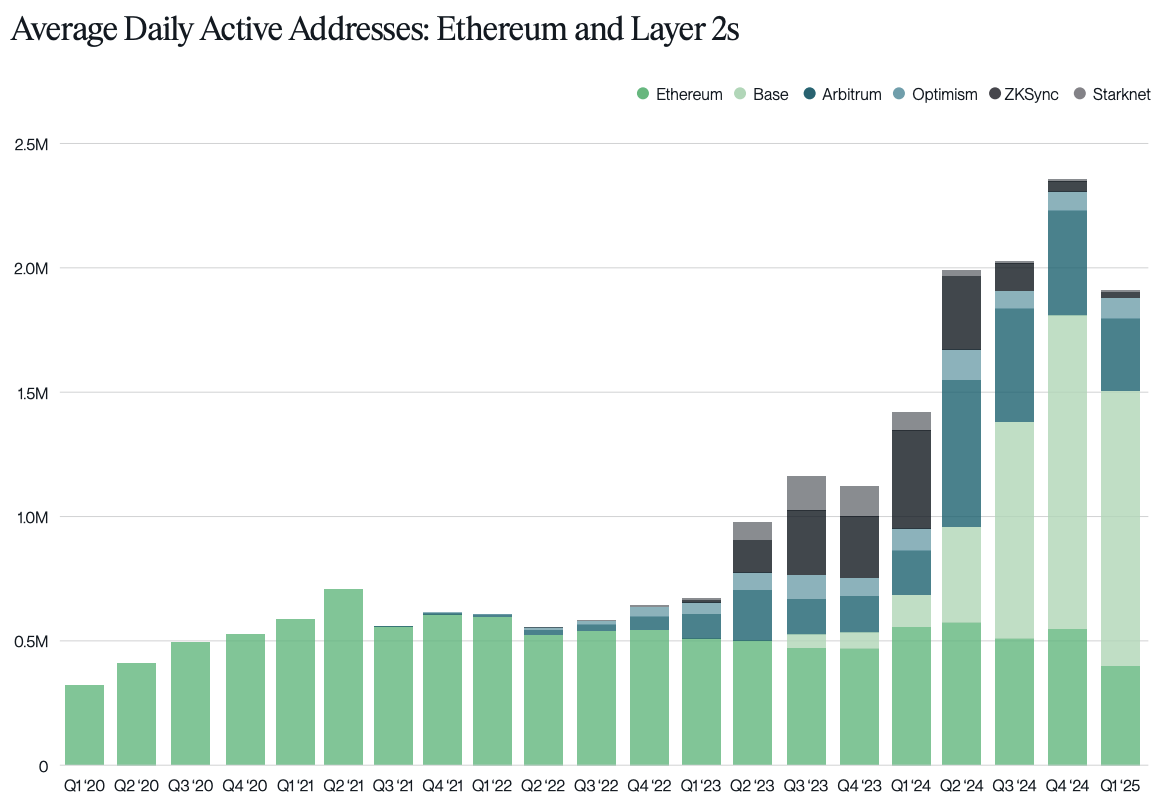Bitcoin Network Sees Surge in Mining Difficulty, Pressuring Smaller Miners
- Bitcoin mining difficulty rises to 95.67T, marking a 27% increase in 2024, challenging small miners.
- Record high hashrate of over 700 EH/s aligns with Bitcoin’s rising mining difficulty, boosting network security.
- Small miners face profitability issues as operational costs soar due to Bitcoin’s increasing difficulty levels.
Bitcoin’s mining difficulty has reached a new peak of 95.67 terahashes (T), according to Glassnode data . The metric rose by 3.9% on Tuesday, signaling increasing challenges for miners.
The mining difficulty is the level of complexity in verifying a new block of transactions on Bitcoin’s ledger. In 2024, there were 22 instances of difficulty adjustments, with 13 showing positive growth. Therefore, the difficulty has increased from 72T to 95T, which is 27% higher this year.
Network Adjustments and Hashrate Impact
The difficulty of the Bitcoin algorithm varies and changes after every block of 2,016, that is every two weeks. This modification ensures that there should be a block generated almost every 10 minutes. The recent increase in mining complexity matches a peak hashrate.
This calculation indicates the total amount of computing power dedicated to mining and processing transactions. It reached a record-breaking level of more than 700 exahashes per second (EH/s). The network becomes more secure and efficient as the hashrate increases.
Increasing Pressure on Small Miners
With higher difficulty levels , miners face increased operational costs. This trend makes it challenging, especially for small private miners, to maintain profitability. Many have responded by selling Bitcoin holdings to cover rising expenses or by exiting the network altogether.
This shift led to a 15% drop in hashrate after the last Bitcoin halving in April. The halving event reduced block rewards, further squeezing miners’ profits.
Read CRYPTONEWSLAND on google newsFluctuations in Difficulty and Hashrate
The current difficulty rise suggests more miners are joining the network. This trend has pushed the difficulty level up by approximately 20% since its 2024 low of 79T in July. The metric has also surged by 55% since October 2023 when it was at 61T.
Despite the current all-time high in difficulty, Bitcoin’s hashrate recently declined slightly to 730 EH/s. However, it remains up by 70% compared to the same time last year, showing overall network strength.
The rising difficulty reflects a growing number of miners, signaling robust blockchain performance but also highlighting the challenges faced by smaller mining operators.
disclaimer read moreCrypto News Land, also abbreviated as "CNL", is an independent media entity - we are not affiliated with any company in the blockchain and cryptocurrency industry. We aim to provide fresh and relevant content that will help build up the crypto space since we believe in its potential to impact the world for the better. All of our news sources are credible and accurate as we know it, although we do not make any warranty as to the validity of their statements as well as their motive behind it. While we make sure to double-check the veracity of information from our sources, we do not make any assurances as to the timeliness and completeness of any information in our website as provided by our sources. Moreover, we disclaim any information on our website as investment or financial advice. We encourage all visitors to do your own research and consult with an expert in the relevant subject before making any investment or trading decision.
Disclaimer: The content of this article solely reflects the author's opinion and does not represent the platform in any capacity. This article is not intended to serve as a reference for making investment decisions.
You may also like
Stablecoin transactions outpaced Visa payments last quarter: Bitwise
Q1 may have been “frustrating,” but things are looking brighter for Q2

Brazil court sentences Braiscompany Team 170 years of jail for crypto scams
Slovenia Proposes 25% Flat Tax on Crypto and Derivatives Ahead of 2026 Launch

Bitcoin Consolidates at $84K, Eyes $100K Target with Strong Support

